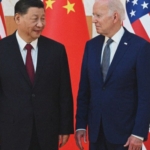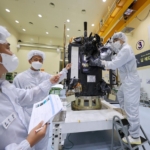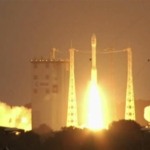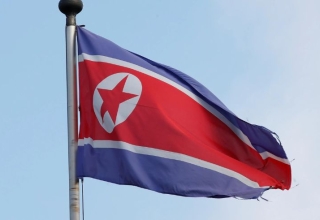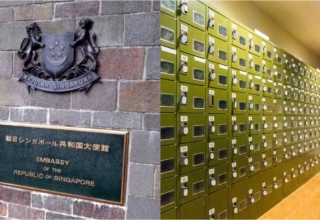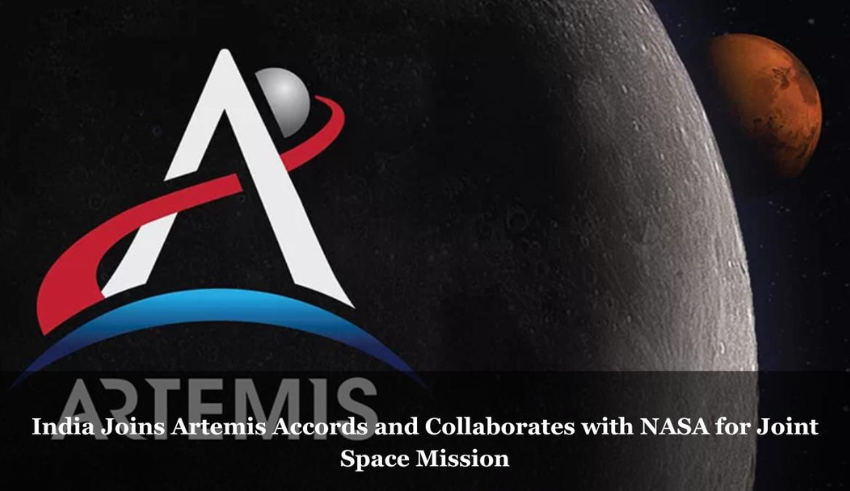
India has joined the Artemis Accords due to Prime Minister Narendra Modi‘s recent state visit to the US, which had significant results. India will now be one of the 26 countries that have joined the US-led initiative to return people to the moon by 2025 and advance space exploration to Mars and beyond, along with nations like Australia, Canada, Italy, and Japan. The Artemis Accords, based on the 1967 Outer Space Treaty, create a thorough framework of principles and standards to control modern space exploration and use. India’s involvement in this international alliance is strategically significant and offers many opportunities for cooperation, space exploration, and research improvements.
Enhancing Space Cooperation
By the end of 2023, NASA and the Indian Space Research Organization (ISRO) will work together to create a strategic framework for cooperative human spaceflight. Indian astronauts may travel to the International Space Station as part of this collaboration, opening the door for India’s human spaceflight program. Further enhancing its contributions to cutting-edge scientific research, India has approved a $318 million investment to build a Laser Interferometer Gravitational-Wave Observatory (LIGO). The LIGO-India initiative seeks to research gravity waves and solve the universe’s riddles in collaboration with US, EU, and Japanese facilities.
Benefits and Opportunities
India’s participation in the Artemis Accords offers a number of advantages and prospects. Firstly, NASA and the global space community will tremendously benefit from India’s expertise in innovative and affordable space operations. As one of the most technologically advanced space nations in the world, India’s contributions will be essential to the success of the Artemis program’s lunar exploration ambitions.
Additionally, joining the Accords gives Indian businesses access to new markets and the global space economy. The expansion of India’s space sector will be facilitated through collaborative space missions, enabling knowledge transfer, joint ventures, and commercial collaborations. As a result, more research and development will be done, more jobs will be created, and the economy will thrive.
Strategic Implications
India’s choice to sign the Artemis Accords fits with its participation in organisations like the Quad, demonstrating its dedication to working with partners to create universal regulations for extraterrestrial activity. This decision is crucial because it gives India a chance to actively influence the direction of space research and establish itself as a key player—especially when China is increasing its influence in the space industry.
Keep Reading
India’s involvement in the Accords demonstrates its dedication to upholding its independence in the development of civil and military space. By signing this agreement, India expresses its desire to collaborate with other countries and contribute to creating space policies and governance.
India has reached a crucial turning point in its space exploration and research pursuits with the signing of the Artemis Accords. India will have many prospects for collaboration, access to cutting-edge technology, and economic development as a result of joining this worldwide alliance. India’s involvement in determining the future of space exploration will help position it as a vital actor in the emerging global order beyond Earth’s orbit as space becomes an arena for power dynamics. India’s strong participation in space politics supports its efforts to forge a significant presence in the contemporary era of space exploration and enhance its astronomical research.
